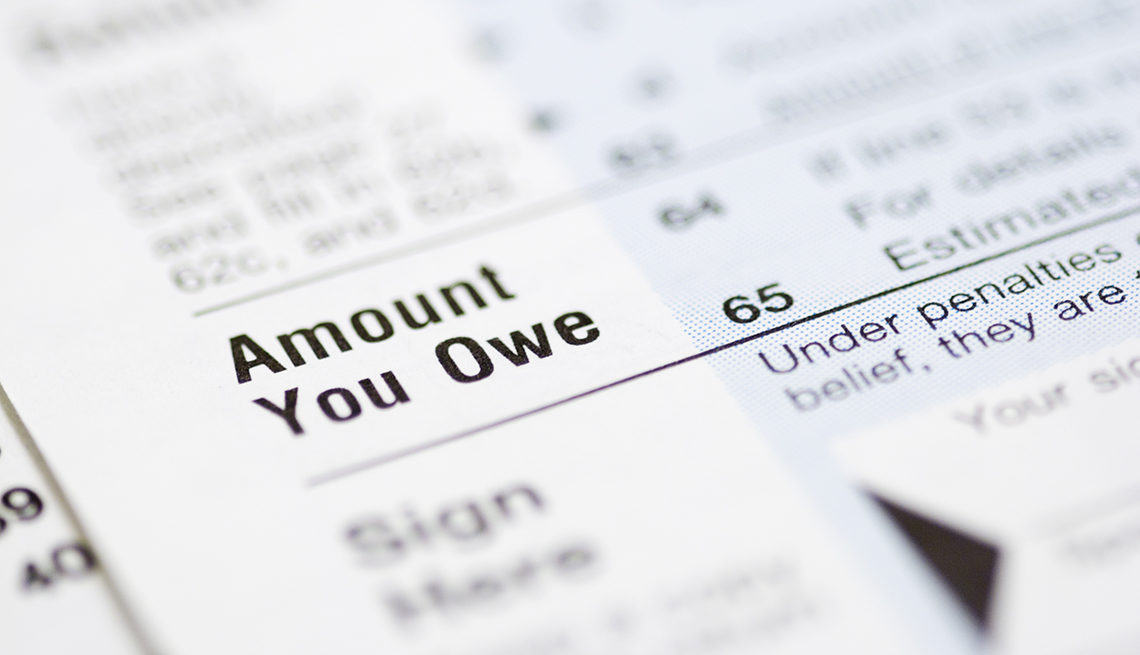Staying Fit
In the world of taxes, deductions are good things: They reduce your taxable income, which, in turn, lowers the amount of tax you pay.
Tax credits, on the other hand, are things of wonder. They reduce your tax bill directly, dollar for dollar. And if you are age 65 or older or receive disability income through your workplace, there’s a credit that could really brighten your Tax Day.


AARP Membership— $12 for your first year when you sign up for Automatic Renewal
Get instant access to members-only products and hundreds of discounts, a free second membership, and a subscription to AARP the Magazine.
The Credit for the Elderly and Disabled ranges from $3,750 to $7,500, depending on your income and filing status. If you owe $4,000 in taxes before the credit and you get a $3,750 credit, your tax bill will be just $250.
Note, however, that this particular tax credit is nonrefundable, in the parlance of the IRS, meaning if the credit you get is more than the tax you owe, you won't get a check for the difference. On the other hand, you won't owe any taxes, which is nice.
Qualifying for the tax credit
You can qualify for this tax credit if you are a U.S. citizen or legally resident immigrant and meet one of two eligibility criteria:
- You are 65 or older by the end of 2023. In a quirk of the tax law, you are considered to reach age 65 on the day before your 65th birthday. So, if you were born on Jan. 1, 1959, the IRS reckons you are 65 at the end of 2023.
- You are younger than 65 but have retired due to what the IRS terms “permanent and total disability,” received taxable disability income in 2023, and have not yet reached your employer's mandatory retirement age.
More specifically, you will need a note from a qualified physician that you can't engage in any “substantial gainful activity” because of your physical or mental health and that this condition can be expected to last at least 12 months or result in your death.

































































